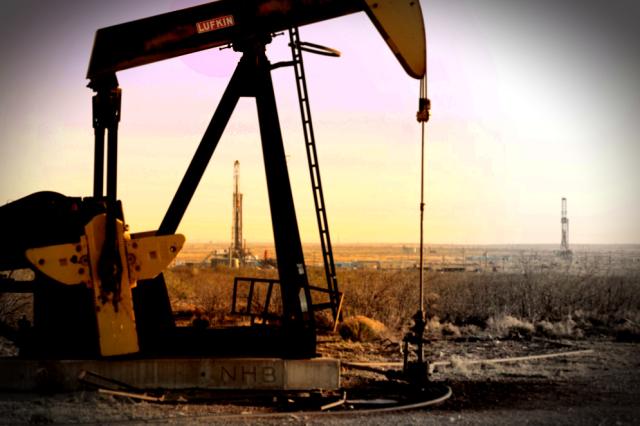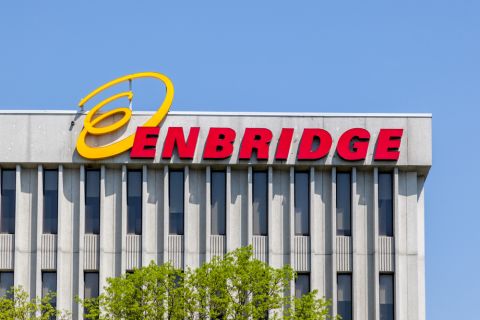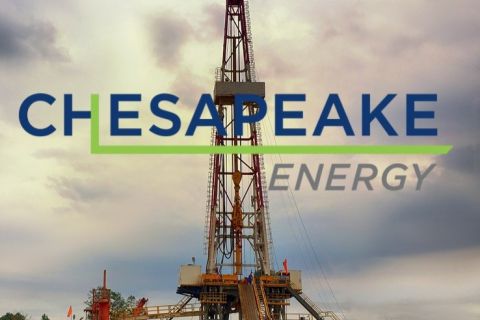
(Source: Hart Energy)
Baker Hughes Co. has agreed to sell the rod lift solutions business it inherited from the fallout of its General Electric Co. (GE) merger in a deal intended to relaunch Lufkin Industries Inc. as a freestanding company.
GE purchased the 118-year-old Lufkin business for $3.3 billion in 2013—four years before merging its oilfield equipment and services arm with Baker Hughes. Despite selling a majority stake in 2019, GE still owns 36.6% of Baker Hughes.
Per a May 1 release from buyer KPS Capital Partners LP, Baker Hughes will part with the Lufkin rod lift business, based in Missouri City, Texas, for an undisclosed amount. KPS, a New York-based private-equity firm, solicited about $7 billion in investments in October 2019.
Lufkin, which operates globally, will be led by an independent team. KPS and Lufkin will acquire additional complementary technologies and products as Lufkin serves the upstream oil and gas sector.
Baker Hughes, like other oilfield service sector businesses, has been buffeted by the COVID-19 pandemic, which caused a glut in oil supply and resulted in a sharp drop in operations. Since January, the U.S. Lower 48 rig count has fallen about 49% to 388 rigs in the first week of May, according to Baker Hughes rig count data.
In April, Baker Hughes wrote off $14.8 billion in value through a goodwill impairment charge and announced it would take cost-savings measures, including cutting its capex by about 20% compared to 2019. At the end of March, the company had about $3 billion in cash and equivalents on hand, largely overseas.
Analysts at Tudor, Pickering, Holt & Co. (TPH) have noted that, while no company will escape what it called the frack activity “bloodbath,” Baker Hughes’ international presence will leave it less drenched than some of its rivals. TPH estimates Baker Hughes has about “70% international exposure and about 40% exposure to industrial-type end markets.”
KPS said Lufkin manufactures surface pumping units, downhole sucker rod pumps and automation systems in six manufacturing and assembly facilities worldwide. It operates globally in “every critical rod lift market in the world,” the firm said.
Lufkin’s power transmission business will remain part of the Baker Hughes portfolio and is not included in the transaction with KPS.
KPS expects to close the transaction by mid-2020, subject to customary closing conditions and approvals.
“KPS will build a successful energy platform on the foundation of Lufkin’s legendary brand name, unparalleled reputation for reliability, superior technology and global footprint. The historic dislocation in current global and domestic energy markets has created an extraordinary investment opportunity for an investor like KPS,” said Michael Psaros, co-founder and co-managing partner of KPS.
Andy Cordova, rod lift solutions general manager for Baker Hughes, said KPS is an ideal partner for Lufkin’s return as an independent business.
“KPS’ global platform, commitment to manufacturing excellence and significant financial resources will enable Lufkin to accelerate its growth and invest in technology and process improvements for our customers, while enhancing our established reputation for industry-leading technology, quality and customer service,” he said.
Simmons Energy, a division of Piper Sandler & Co., acted as adviser and Paul, Weiss, Rifkind, Wharton & Garrison LLP served as legal counsel to KPS and its affiliates. Citi and TPH were financial advisers and King & Spalding International LLP served as legal counsel to Baker Hughes.
Recommended Reading
Enbridge Advances Expansion of Permian’s Gray Oak Pipeline
2024-02-13 - In its fourth-quarter earnings call, Enbridge also said the Mainline pipeline system tolling agreement is awaiting regulatory approval from a Canadian regulatory agency.
Moda Midstream II Receives Financial Commitment for Next Round of Development
2024-03-20 - Kingwood, Texas-based Moda Midstream II announced on March 20 that it received an equity commitment from EnCap Flatrock Midstream.
Bobby Tudor on Capital Access and Oil, Gas Participation in the Energy Transition
2024-04-05 - Bobby Tudor, the founder and CEO of Artemis Energy Partners, says while public companies are generating cash, private equity firms in the upstream business are facing more difficulties raising new funds, in this Hart Energy Exclusive interview.
JMR Services, A-Plus P&A to Merge Companies
2024-03-05 - The combined organization will operate under JMR Services and aims to become the largest pure-play plug and abandonment company in the nation.
Chesapeake Slashing Drilling Activity, Output Amid Low NatGas Prices
2024-02-20 - With natural gas markets still oversupplied and commodity prices low, gas producer Chesapeake Energy plans to start cutting rigs and frac crews in March.






